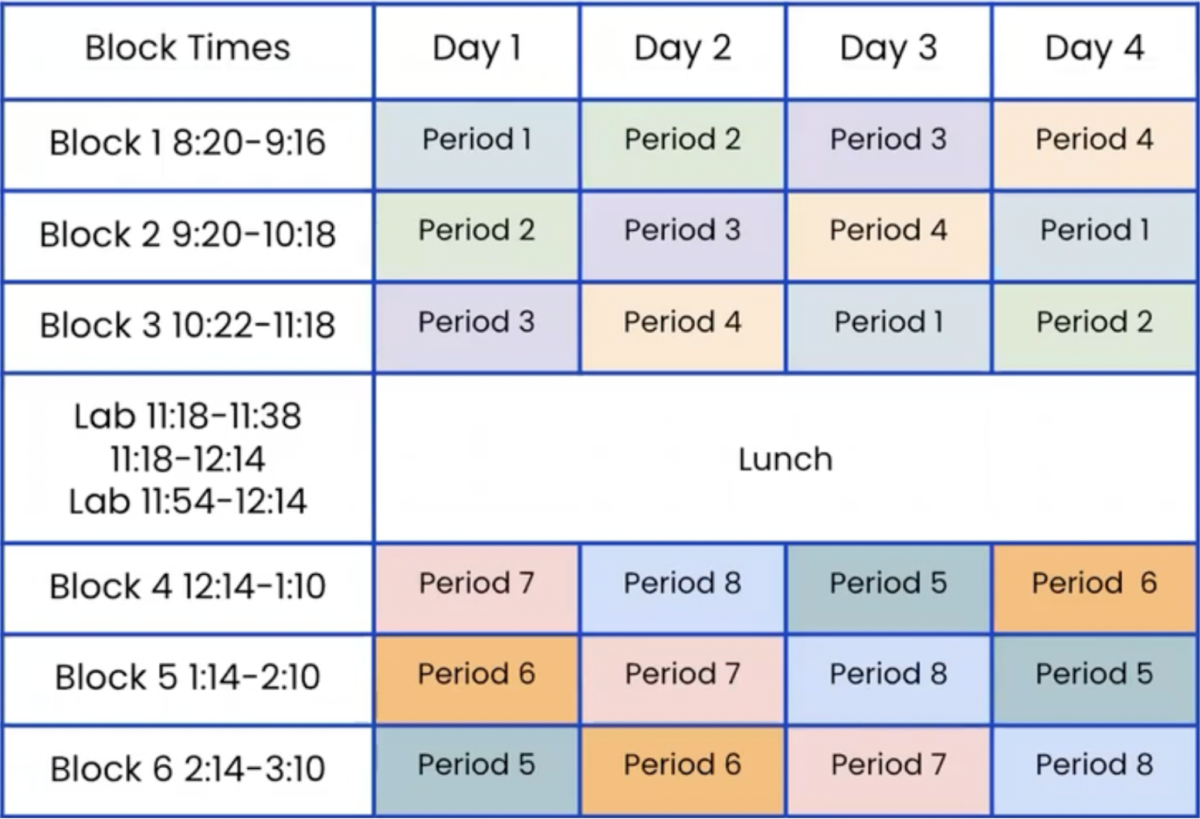’
Many people struggle with managing their mental health at some point in their lives, but for most, winter is where it all begins.
When a teen is asked what their favorite season is, most say summer because of the hot weather, beach days, and most of all, no school. A junior at Indian Hills explains, “Summer is my favorite season because it’s warm and you get to spend a lot of time outside and get fresh air. There is also no stress about getting my schoolwork done.” However, when summer transitions to fall and fall into winter, it can become difficult for students to manage their mental health.
Ms. Robinson, the Supervisor of School Counseling at Indian Hills, says, “Maintaining mental health during the winter months can be challenging due to factors like reduced daylight, colder weather, and increased academic stress as the school year progresses.” The transition from summer’s relaxation to winter’s academic stress, on top of weather changes, causes many students to struggle to keep up with their mental health in the balance of responsibilities.
The winter months can be long and tiring, but with the proper strategies, mental health can be prioritized this winter. To begin, getting adequate sunlight, even in these cold months, is extremely important. Ms. Robinson shares, “Exposure to natural light helps regulate mood and sleep patterns.” Although it can be difficult to spend time outside, just going on a brief walk can lift anyone’s mood. Along the same lines, staying active both indoors and outdoors can help improve mental health. Simple activities include yoga, meditation, at-home or gym workouts, and even playing with a pet. “Exercise releases endorphins,” Ms. Robinson explains, “which can boost your mood and energy levels.”
School, sports, and other activities can put a lot of stress on students. However, a small change such as creating a routine can offer benefits. Athlete Summer Myhren says, “During the running season, I had a good routine. However, when the swimming season started, I struggled at first getting used to late-night practices. Now, I have a better routine that helps with managing my time.” Prioritizing sleep, getting proper nutrition, and staying hydrated are important parts of creating a routine.
Even with all the stress of school, sports, and other activities, it is still important to prioritize mental health. Just by creating a routine, getting proper rest, getting fresh air, exercise, and proper nutrition, struggles with mental health can be aided this winter. Mrs. Robinson says, “Everyone’s experience is unique, so find the strategies that work best for you. Remember, you are never alone in what you are going through!”






